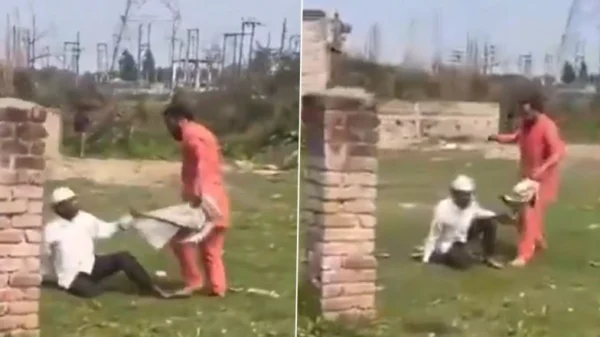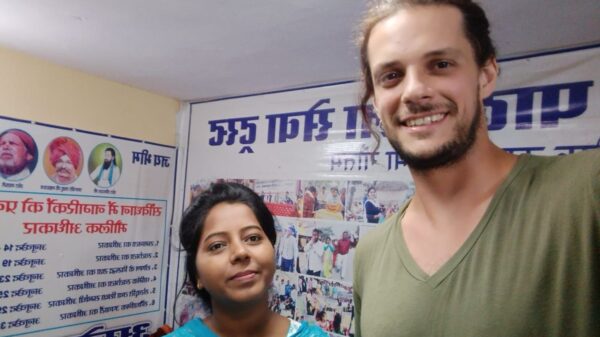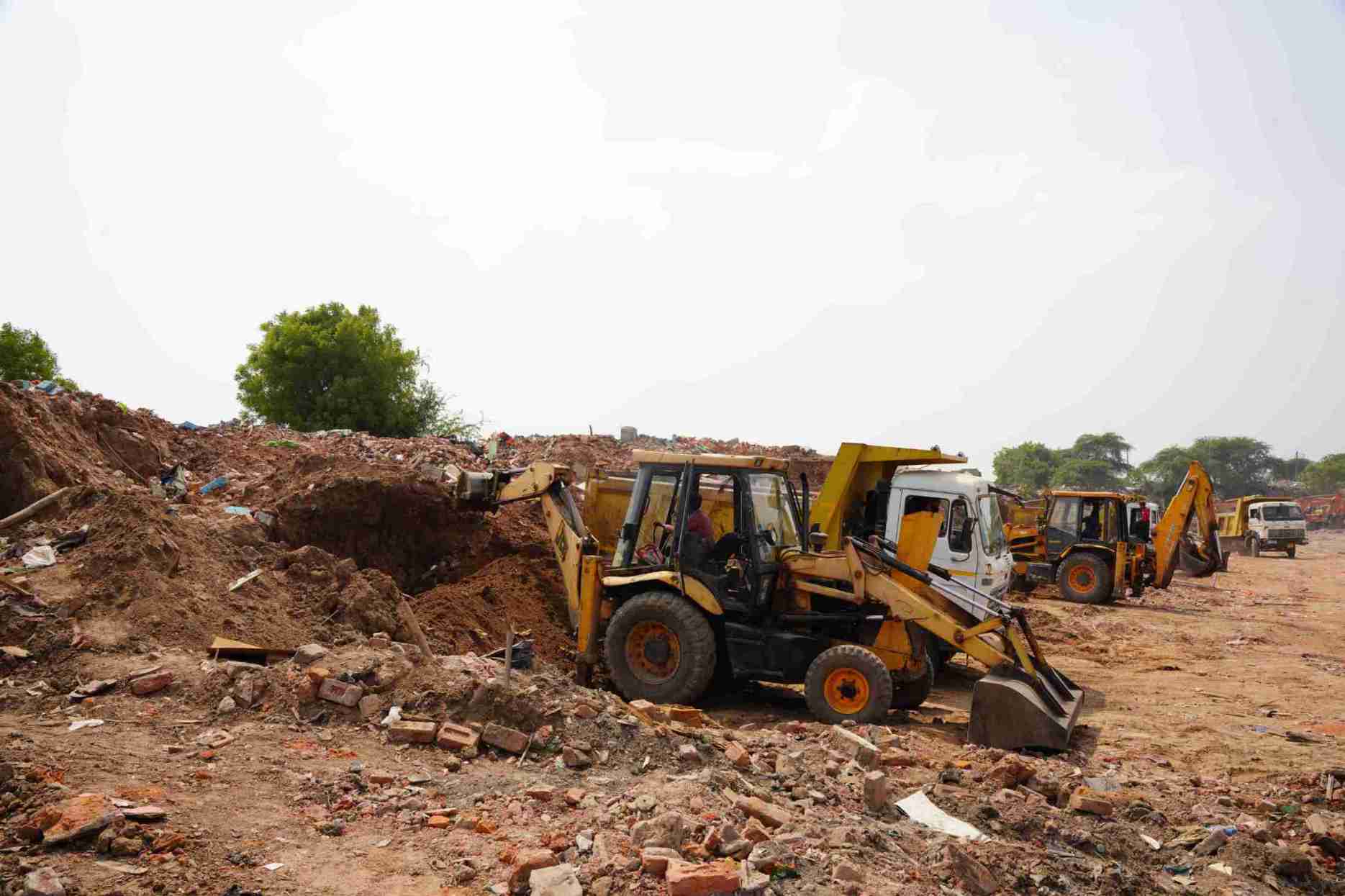A fresh wave of fear has spread across the Batla House area in Delhi’s Okhla after the Delhi Development Authority (DDA) issued new notices asking thousands of slum dwellers to vacate their homes. The notices were pasted over the weekend, giving residents only a few days to leave. If they fail to do so, a demolition drive is scheduled for July 18 and 19.
Many families have been living in these slums for over 20 years. Abdul, who works as a garbage collector, said with worry, “I’ve been living here for 21 years. I collect garbage to feed my children. If they destroy our homes, where will we go? We are poor, but we are not criminals.”
Residents said they received no prior warning. “No one told us anything before. Suddenly, on a Sunday, they pasted these notices,” said Sabira, a widow with four children. “Are we not citizens of this country?”
She pointed to her small, tin-roofed shanty and added, “This may be small, but it’s all we have. If they break it, we’ll be sleeping on the streets.”
The slums lie near the under-construction Delhi-Mumbai Expressway. The DDA claims the land is needed to build a service road and other infrastructure.
Ayub Khan, another resident, said, “We weren’t even informed verbally. There was no survey, no warning. Just pasted notices, as if they want to erase us overnight.”
The DDA notice says the residents are living on public land without permission. But locals say they have documents like voter ID cards, electricity bills, and ration cards to prove their stay.
“They call us illegal now, but they took our votes in every election. They gave us electricity connections. They even took bribes when we built roofs,” said Shanno Begum.
The area is part of the Yamuna floodplain, where many slums have existed for decades. Officials argue the land is not fit for housing and must be cleared for public projects. But critics say the poor are being unfairly targeted.
“This is not just about rules and documents. It’s about basic human rights,” said Advocate Faisal Qureshi, who is helping some residents. “You can’t just throw families out without any plan for where they will go.”
Locals also feel abandoned by elected leaders. “Where are our MLAs and councillors now?” asked Sadiq Ali, a daily wage worker. “They come during elections, but disappear when we need help.”
A young mother with a baby said, “No one is listening. Not even the media. We are poor, so no one cares.”
A DDA official, speaking anonymously, said, “These demolitions are part of planned development. The land belongs to the public, and illegal structures must be removed.”
In nearby Muradi Road, also part of Batla House, residents faced a similar situation recently. They approached the court and managed to get a temporary stay on demolitions. Advocate Qureshi said they plan to file a similar petition for the new notices.
Social workers and legal experts are now helping residents collect documents and file cases. “We are racing against time,” said Nargis, a volunteer. “People here are scared, but they are ready to fight.”
Some residents are even skipping meals to save money for legal help. “If we don’t eat for a day, that’s okay. But we must try to save our homes,” said Nasir, a rickshaw puller.
The legal road ahead may be tough. In the past, courts have often ruled in favor of infrastructure projects over slum dwellers. Still, many residents are holding on to hope.
For most, the biggest worry is where to go. “Our children study here. Our work is here. We can’t go back to villages or afford rent,” said Sakeena, who has lived in the slum for over 20 years.
There is no word yet from DDA about where these families will be moved. “No one has told us anything about rehabilitation,” said Aslam, a sanitation worker. “If they give us a place, we’ll go. But they are just throwing us out like dogs.”
Even children are worried. “My school is nearby. If we leave, I might have to drop out,” said 13-year-old Imran, a Class 7 student. “I want to study and become a teacher.”
Older residents are also anxious. “I am too old to run or sleep outside. At least give us some time,” said 70-year-old Rafiq.
Activist Meena Kumari from Okhla Jan Adhikar Manch urged the authorities to show compassion. “These are the poorest of the poor. At least speak to them. Offer them something before demolishing their homes,” she said. “Destroying homes without giving alternatives is dangerous. It creates pain and unrest.”
Now, as bulldozers prepare to move in, residents are either packing or praying. Some hope for a legal win. Others hope someone, somewhere, will hear their cries.
Abdul summed it up: “This is our life. We are not asking for bungalows. Just don’t make us homeless.”



























































